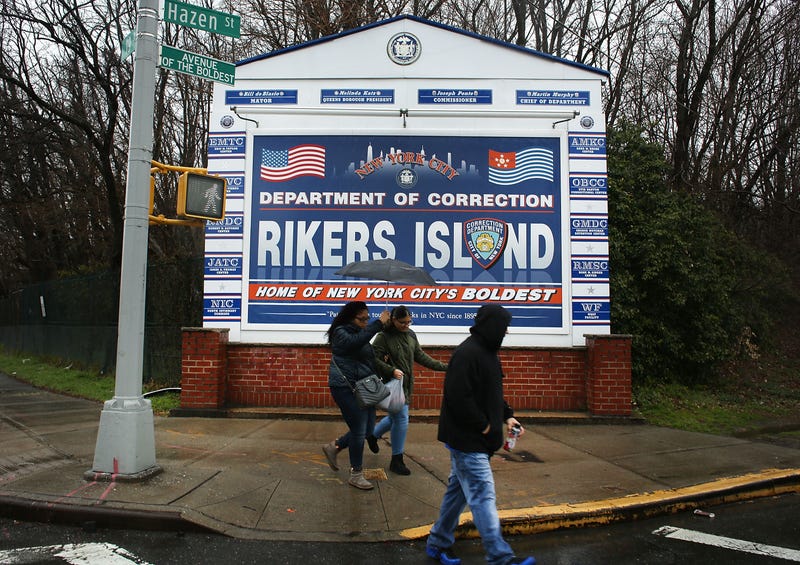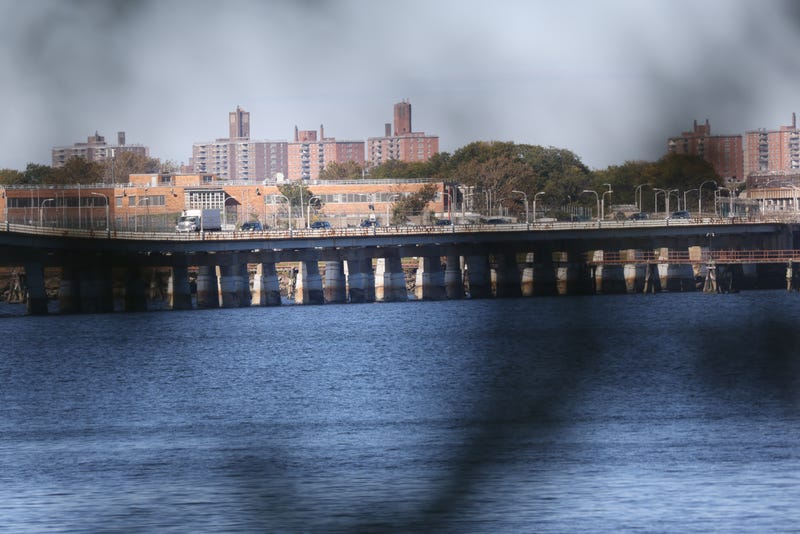
NEW YORK (WCBS 880) — About 200 incarcerated men on Rikers Island have staged a hunger protest in response to the jail’s ongoing chaotic conditions.

Alice Frontier, managing director of the Neighborhood Defender Service, which is an organization that provides free legal services to upper Manhattan residents, told WCBS 880 that some of NDS’s clients have informed them about what is going on inside.
Rikers Island has been dealing with long-standing staff shortages which have disrupted everything from missing transports to court dates to receiving medical attention and dealing with COVID-19 cases. With the surge of omicron and cases of coronavirus running rampant in Rikers Island, four dorms have stopped accepting meals provided by the jail since Saturday, Fontier said.
“It is tragic that advocates and elected officials have been banging on this drum and ringing this alarm bell for months. And the response from those in charge has been to tinker around the edges and say that it's better,” said Fontier. “But the real underlying conditions have not been addressed. And now it takes a collective action that endangers the people who are taking that action to bring attention back to it.”
Stan German, a spokesperson for New York County Defender Services, told WCBS 880 it also received phone calls and voicemails from clients inside alerting them to the strikes. Yesterday, a NYCD staff member testified at the Board of Correction meeting that the warden has not visited those participating in the strike. German said he's heard the DOC has since attempted to resolve the demands but it is still unclear what has been done.

"The DOC has been just very guarded about this. All they do is downplay it and say, well, they have commissary, it's okay. But we really haven't been told how it was resolved, or what issues were resolved," German said.
According to German and Fontier, the DOC is claiming the incarcerated men are only denying DOC issued meals but are still being fed with commissary food. German said most of his clients do not have commissary funds and Fontier explained that commissary food is not enough to sustain 200 men.
The dorms that the incarcerated men are housed in are not for adolescents and the men participating in the hunger strike are all older, something that is even more troubling to Fontier.
“It concerns me even more. I mean, as we know the older you get, the more susceptible you are to COVID and they may have more underlying health concerns that will be triggered by cold COVID and then hunger,” Fontier said. “It feels to me like a population that is uniquely in danger as opposed to one that can withstand this.”



